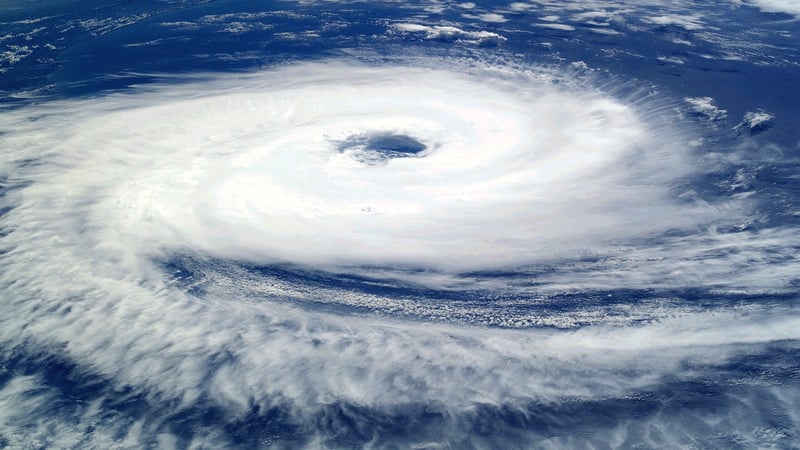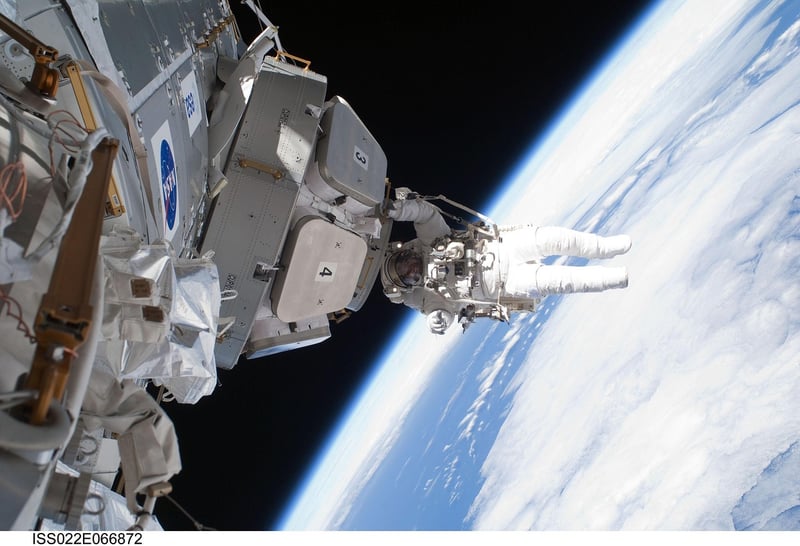Orbital Stations
Establishing Human Outposts and Orbital Stations: Pioneering the Final Frontier

The Need for Human Outposts and Orbital Stations
As humanity continues to push the boundaries of space exploration, the establishment of human outposts and orbital stations becomes vital for furthering our understanding of the universe and ensuring the survival of our species.
Benefits of Human Outposts
- Research and experimentation in microgravity environments
- Development of advanced technologies for space travel
- Gateway for future missions to other celestial bodies
- Potential for commercial ventures and resource mining
Advantages of Orbital Stations
- Strategic vantage point for monitoring Earth's climate and natural disasters
- Space tourism and commercial spaceflight opportunities
- Support for long-duration space missions and crew rotations
- Collaborative international space projects and partnerships
Challenges and Solutions
Establishing and maintaining human outposts and orbital stations pose numerous challenges, including radiation exposure, life support systems, and crew health. However, with advancements in technology and international cooperation, these challenges can be overcome.
Future Prospects
The future of human outposts and orbital stations holds immense promise for expanding our presence in space, conducting groundbreaking research, and fostering collaboration among nations. By investing in these ventures, we pave the way for a new era of space exploration and discovery.
Join us as we embark on this journey to pioneer the final frontier and establish a lasting human presence beyond Earth.
